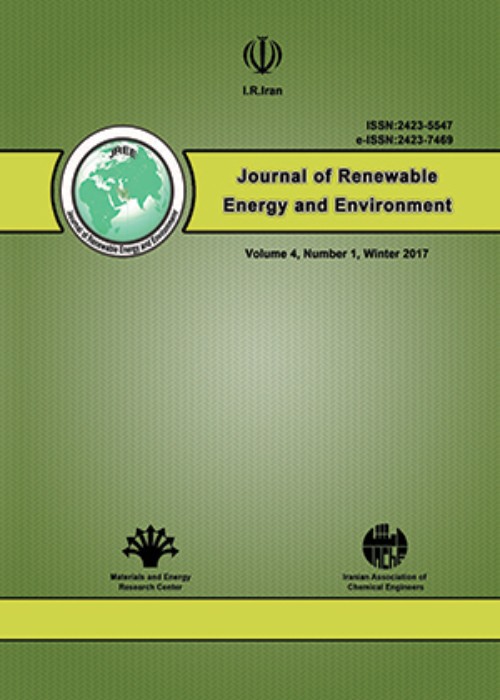Investigation of Wind Speed to Generate Energy Using Machine Learning Algorithms Approach Over Selected Nigerian Stations
Wind energy has been identified as a critical component in the growth of all countries throughout the world. Nigeria has been identified as having energy issues as a result of poor maintenance of hydro and thermal energy generating stations. As a result, the current study uses some machine learning approaches over wind speed data for energy generation in the country. Machine learning models were employed for wind speed using selected meteorological parameters. Little research was done using some meteorological data and machine learning to investigate wind speed across Nigerian sub-stations, resulting in the need for further research. This research, on the other hand, focuses on a neural network for forecasting, a Long Short-Term Memory (LSTM) network model based on several fire-work algorithms (FWA). The data for this study came from the archive of the Modern-Era Retrospective analysis for Research and Applications, Version 2 (MERRA-2) Web service, which was modeled. The LSTM predicts the wind speed model based on the FWA, which used hyper-parameter optimization and was based on a real-time prediction model that was dependent on the change and dependence of the neural network. The study data was split into two categories: test and training. According to the validation technique, the sample data was reviewed, and the first 80 % of the data was utilized for training, as revealed by the (LSTM) network model. The remaining 20 % of the data was used as forecast data to ensure that the model was accurate. The normalization of the data for the wind speed range of 0 to 1 which illustrates the process data, the high peak in 1985 (a = 0.12 m/s, b = 0.11 m/s, c = 0.13 m/s, d = 0.08 m/s, e = 0.06 m/s, f = 0.10 m/s) was discovered. However, the summary result of the performances of different 11 Machine Learning algorithms of regression type for each of the seven locations in Nigeria has different values. As a result, it is recommended that this study will facilitate the prediction of wind speed for energy generation in Nigeria.
- حق عضویت دریافتی صرف حمایت از نشریات عضو و نگهداری، تکمیل و توسعه مگیران میشود.
- پرداخت حق اشتراک و دانلود مقالات اجازه بازنشر آن در سایر رسانههای چاپی و دیجیتال را به کاربر نمیدهد.


